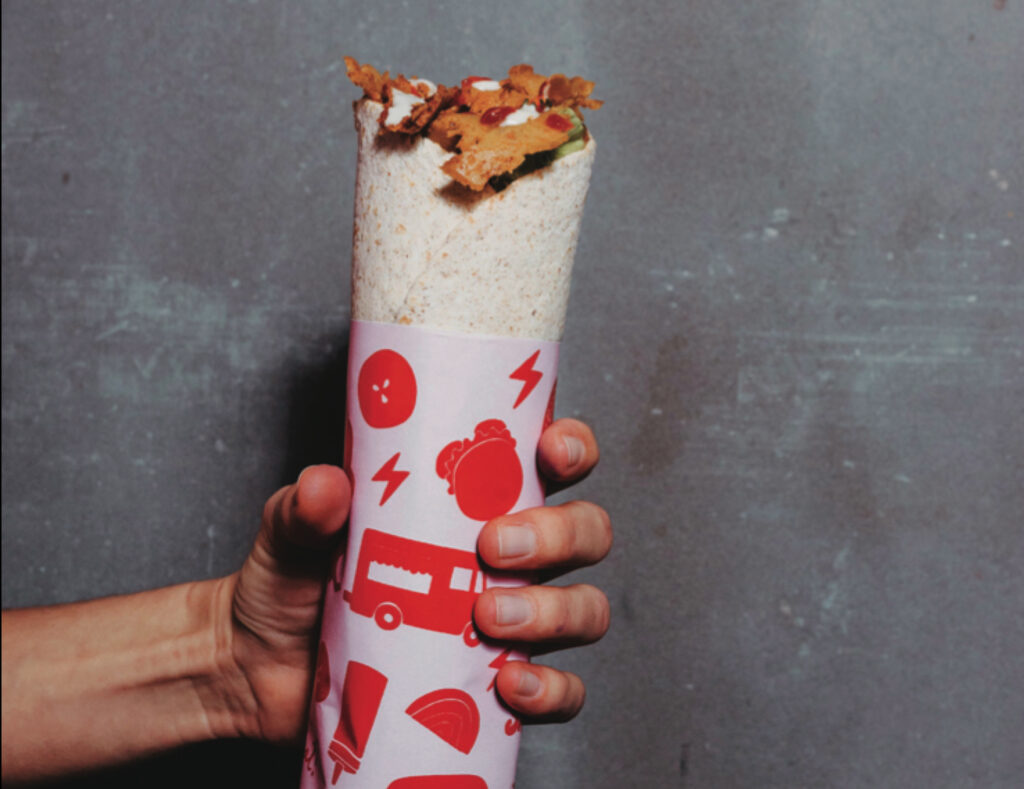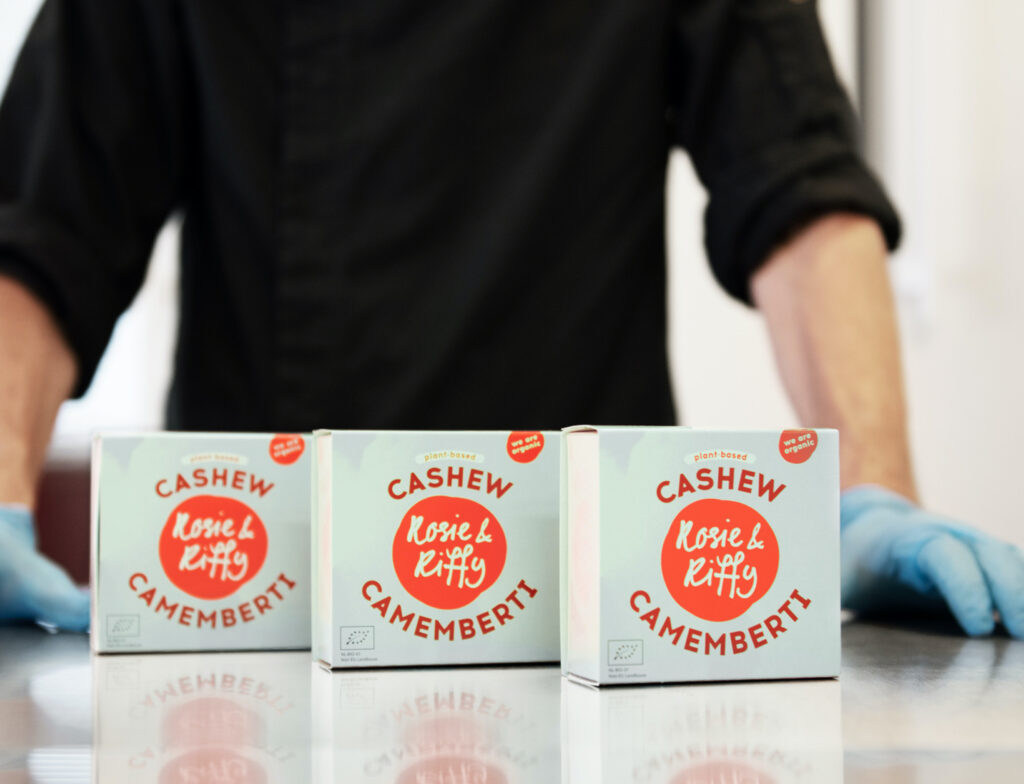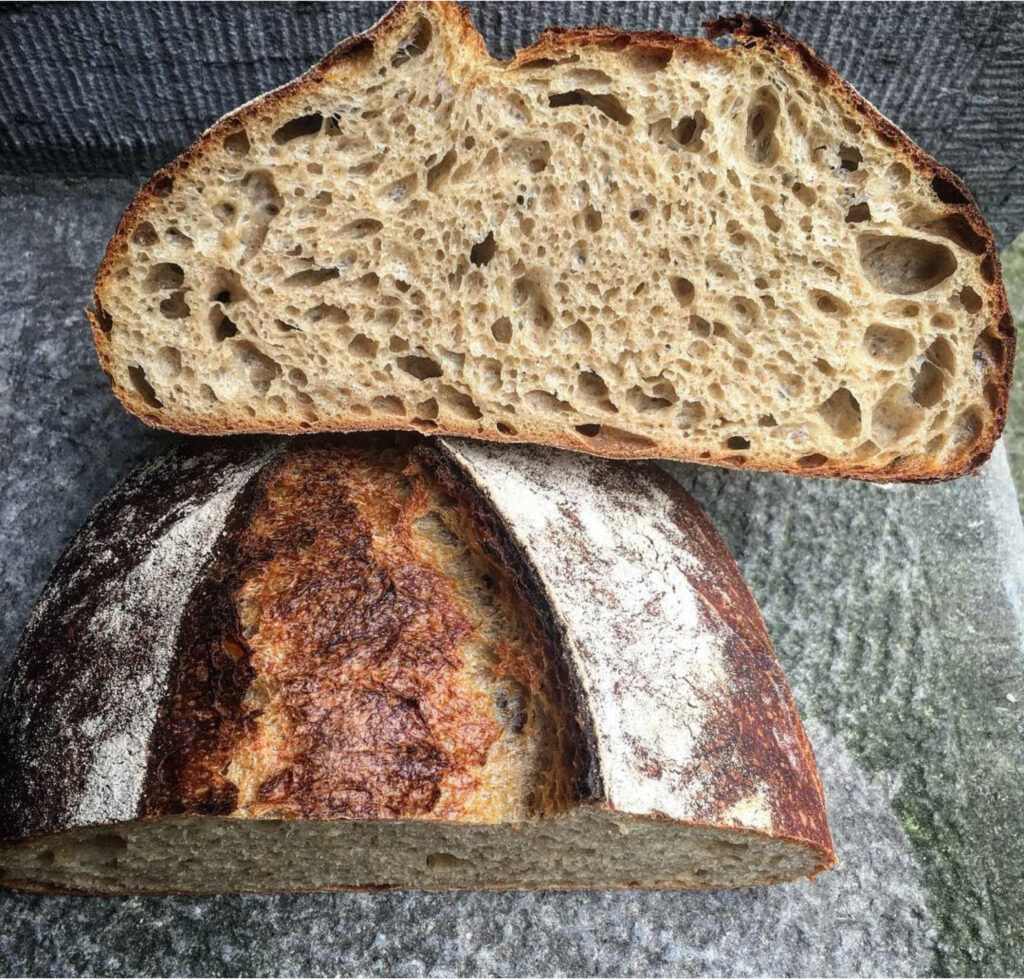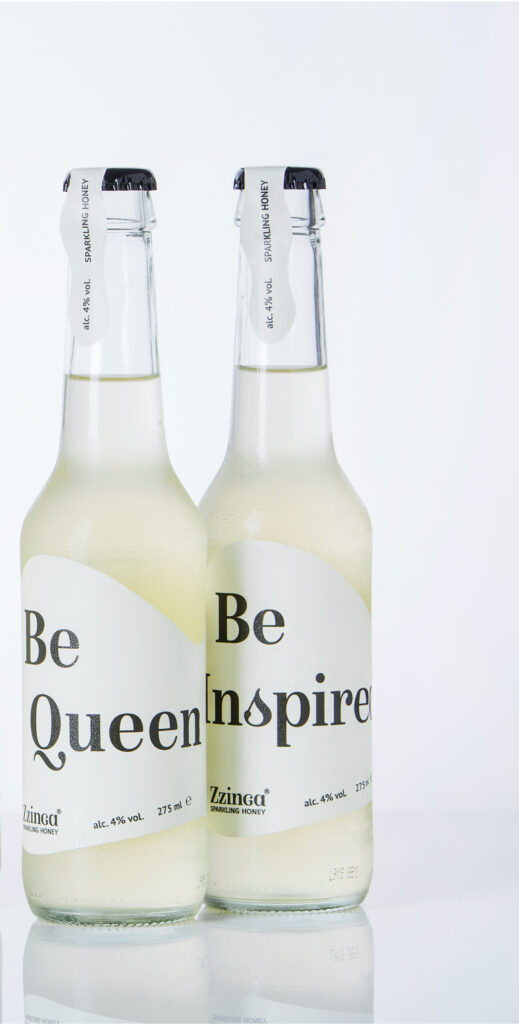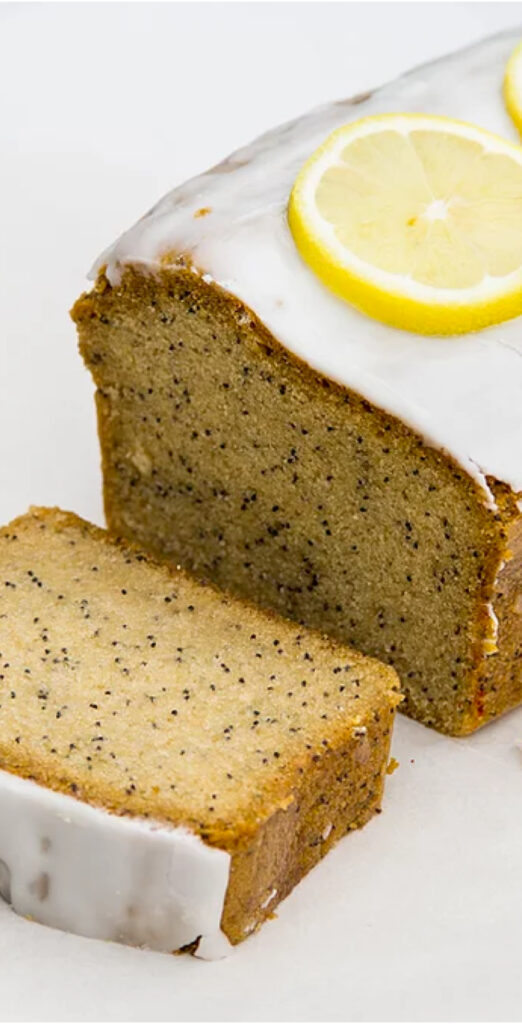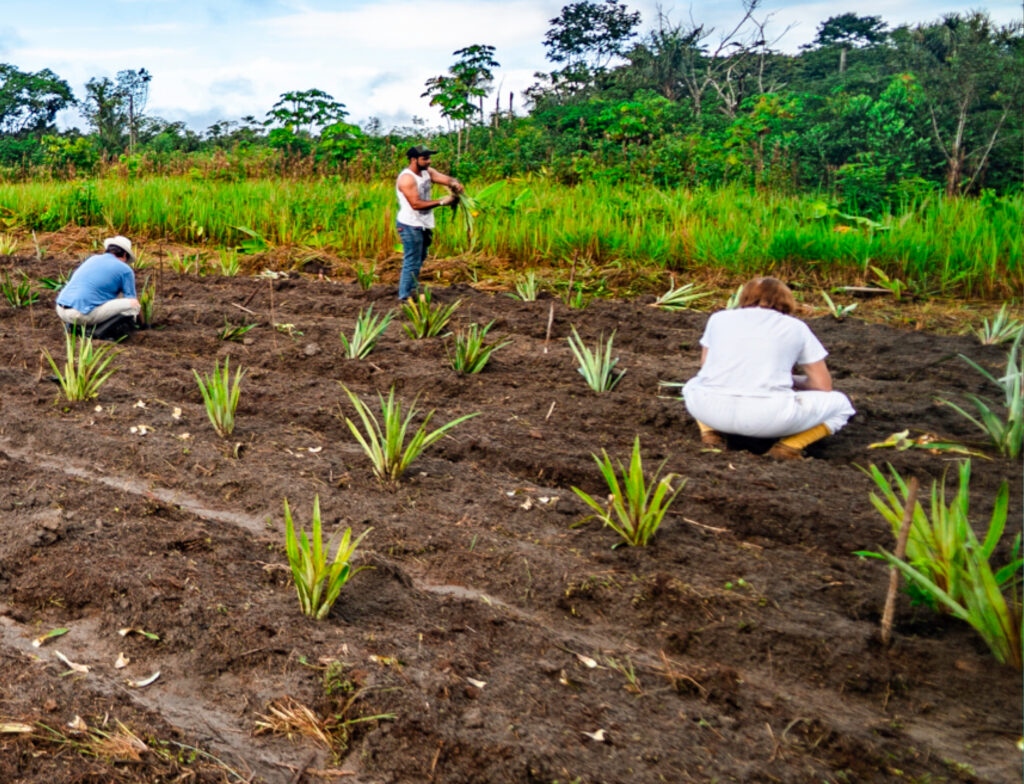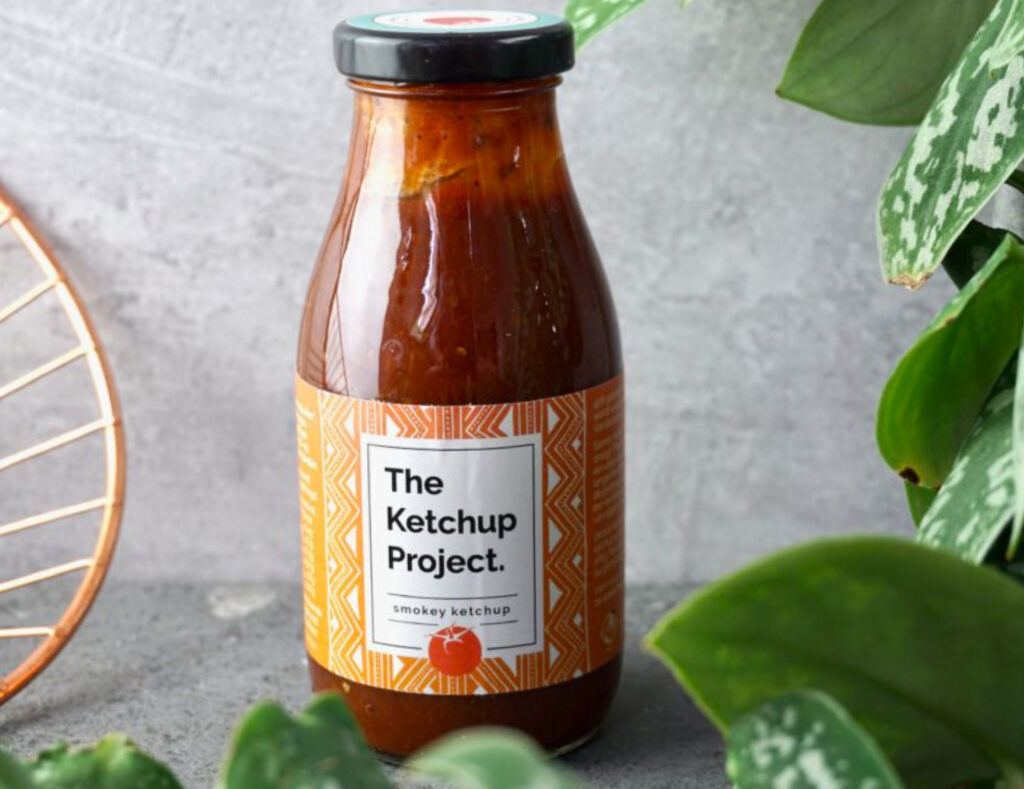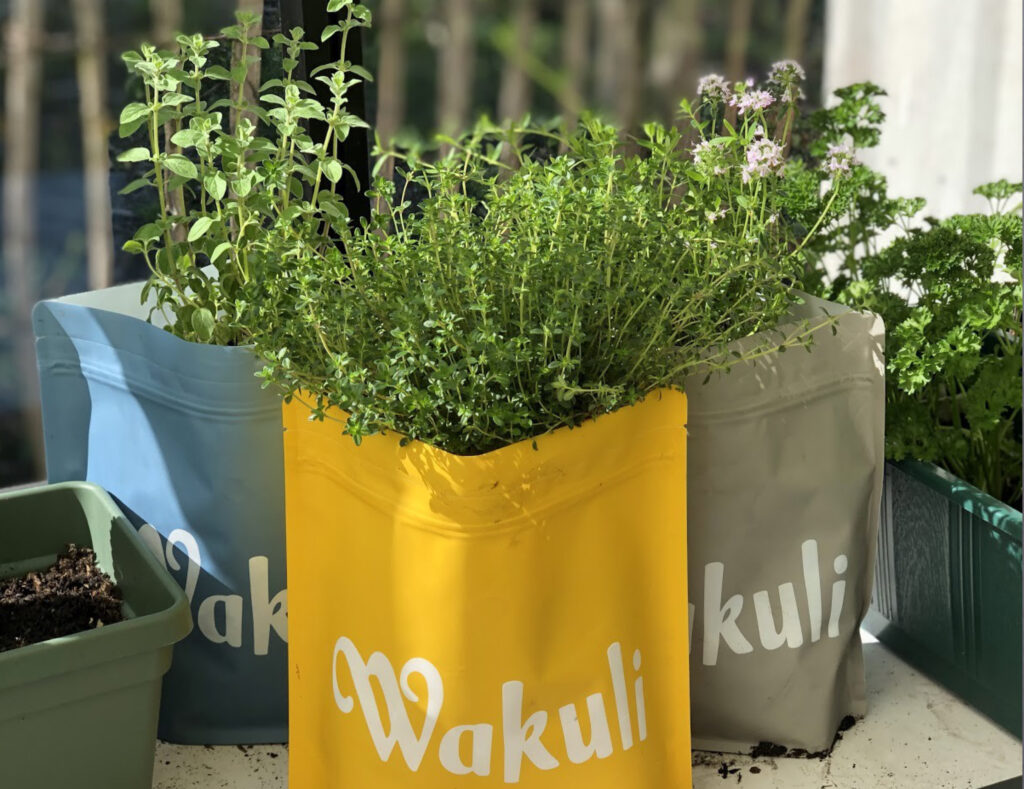Boon Bonen makes it easy to go vegan. Together with their local farmers, they grow the best beans to make ‘easy to use’ products such as burgers, balls and sausages. Free of nonsense, full of nutrients, and of course 100% plant-based. They make an impact by offering people attractive and tasty plant-based food products as an alternative to conventional meat.
nl
en
News | Meet the Startups | Impact the Food Chain Accelerator 2020
Meet the Startups | Impact the Food Chain Accelerator 2020
The Impact the Food Chain Accelerator, part of our Food Ecosystem, is a 5-month growth programme for impact entrepreneurs who work on the transition towards a more sustainable food system. For the 2020 edition, we selected 10 startups that focus on shorter and fairer value chains or sustainable (alternative) food products. We helped them strengthen their strategies and financial models to get ready for growth, impact, and investment! By the end of the programme, the entrepreneurs developed validated business plans that helped them take their business to the next level. Read on to meet the startups!

